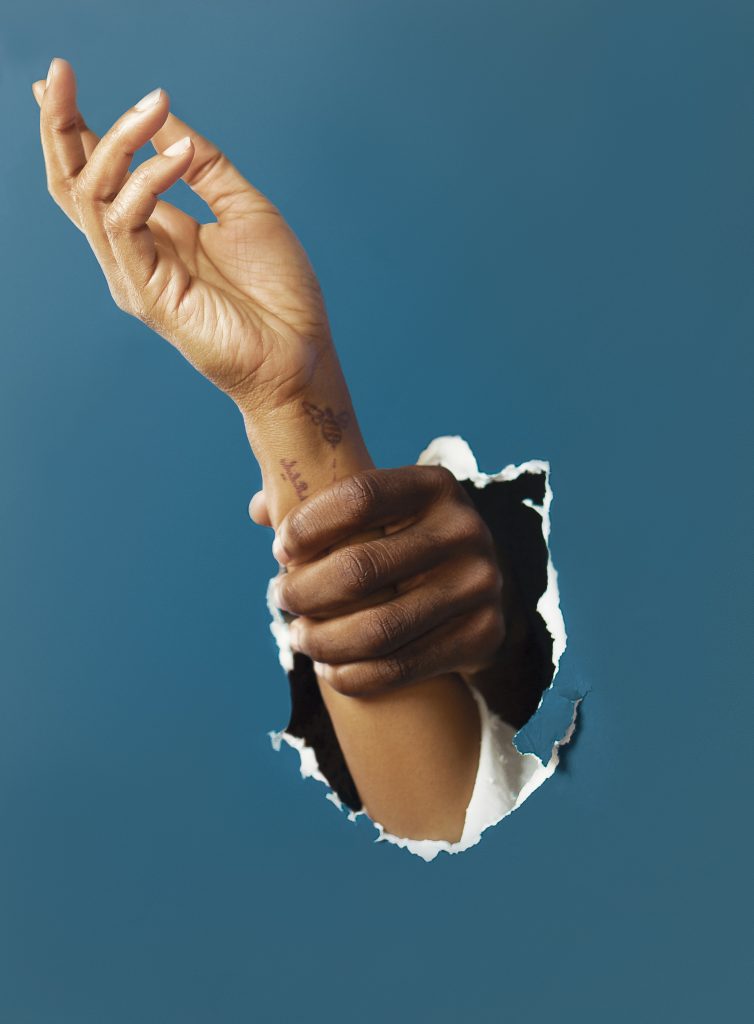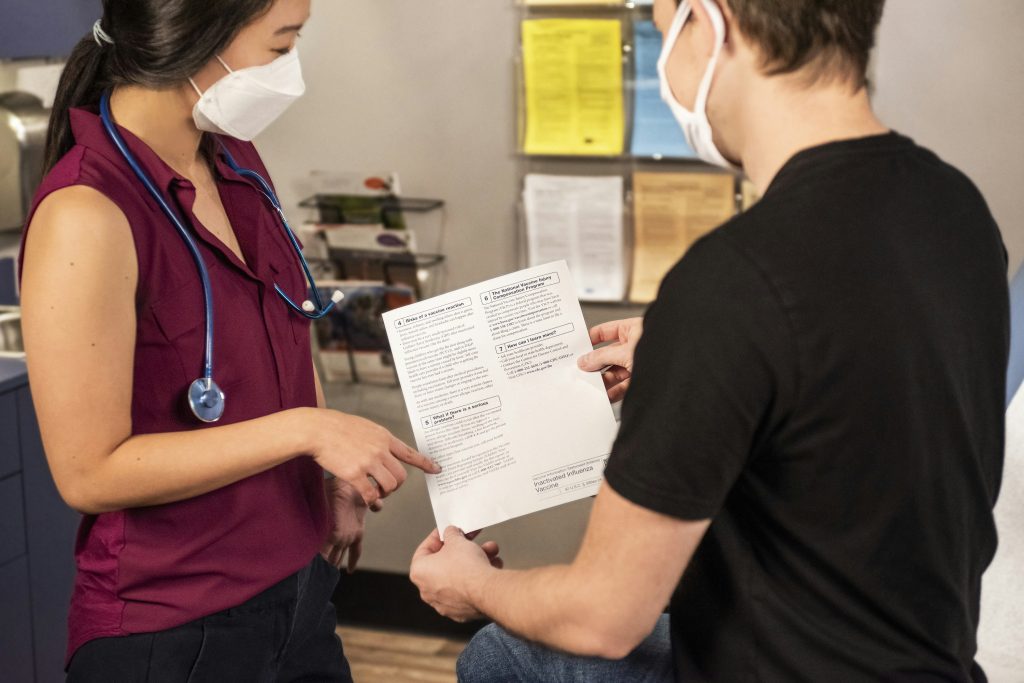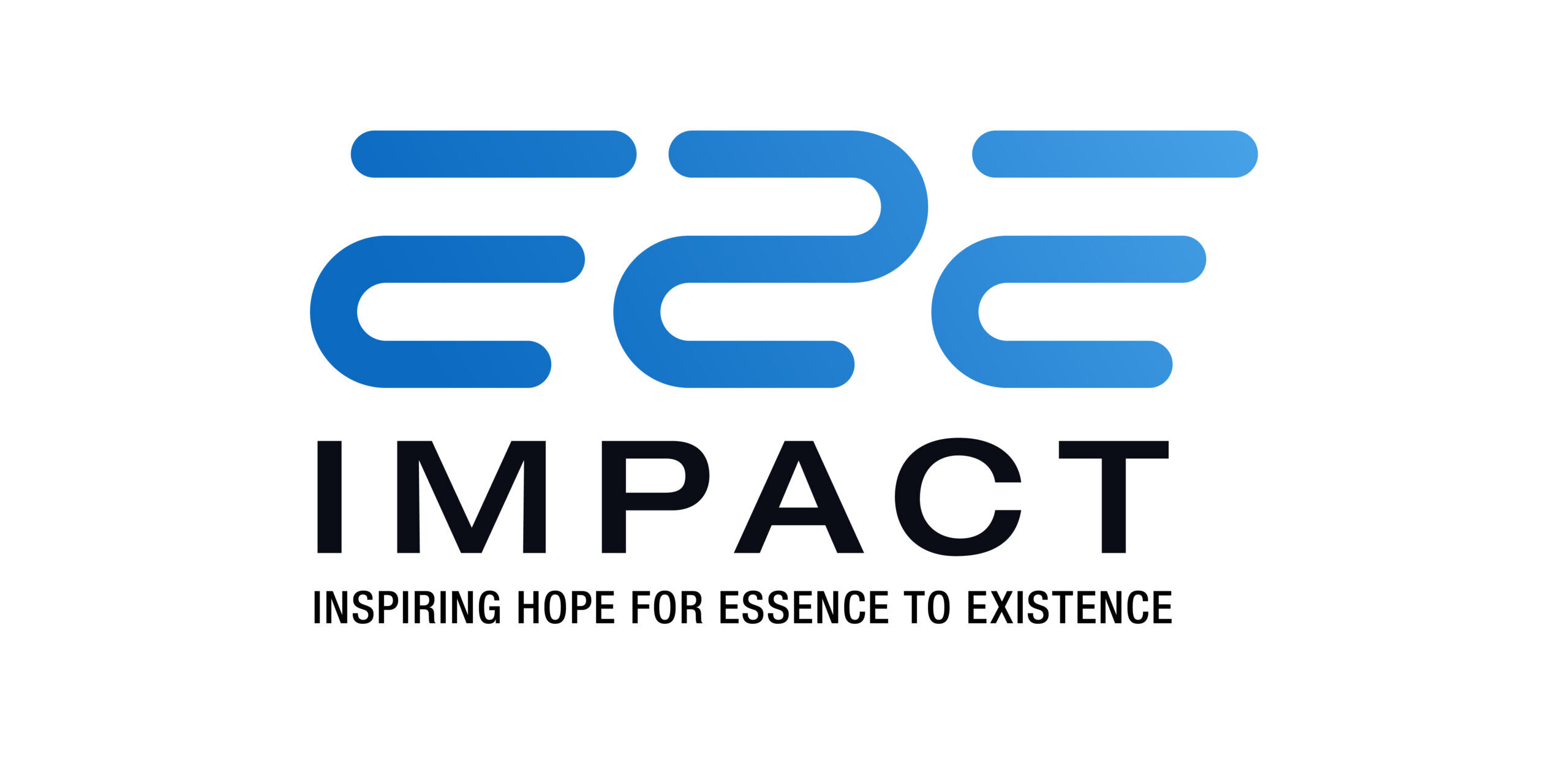Project 1: Receiving Care
Introduction: The Lifeline of Care
Care is a universal experience that binds humanity together through acts of kindness, understanding, and selflessness. As the psychologist Carl Rogers once said, “The curious paradox is that when I accept myself just as I am, then I can change.” Care is about physical help and acknowledging vulnerability in ourselves and others, which fosters transformation.
The art of receiving care can be uncomfortable in a culture that prioritizes individual achievement and independence. Yet, research suggests that moments of vulnerability often lead to profound growth. As Brene Brown emphasizes, vulnerability is not a weakness but a courageous act that allows us to connect with others and ourselves.
My experience of receiving care during a time of physical and emotional upheaval taught me about the importance of emotional presence and empathy. These elements transformed moments of suffering into opportunities for growth.

solidarity
The Story: A Time When I Was Cared For
A Season of Uncertainty
The experience of being physically incapacitated, losing my job, and grappling with a serious diagnosis encapsulated much of the research on personal crises. The American Psychological Association notes that compounding stressors—like physical injury and job loss—can significantly impact mental health.
In my case, my sister Zama stepped in, not only physically caring for me but also offering emotional and spiritual support. Her empathy demonstrated what scholars like Robert Wicks describe as the importance of emotional resonance in caregiving.

Moments of Compassionate Care
One of the most memorable evenings was when Zama sat with me after a devastating diagnosis. She embodied what research calls “presence”—being physically and emotionally available without offering immediate solutions.
Her touch during painful procedures activated feelings of safety and belonging, aligning with studies showing how physical touch fosters emotional healing. Her prayers, belief in miracles, and spiritual support also aligned with findings that spirituality can profoundly impact recovery.

Lessons on the Art of Caring
- Empathy Over Solutions
Zama taught me that the best way to help isn’t always through solutions but by offering empathy. Research highlights that creating a space where individuals feel heard and understood is vital for healing.

.
- The Power of Presence
Simply being present, without judgment, can have profound psychological effects. Zama’s presence during my pain highlighted the power of just being there.
Suggested Image: A tranquil nature setting, symbolizing mindfulness and presence.
- Balancing Support and Autonomy
Zama struck a balance between helping and encouraging me to maintain my independence. Supporting autonomy helps preserve dignity and self-worth during difficult times.

Growth in Self-Care
- Learning to Prioritize Myself
Receiving care taught me the importance of self-care. Zama’s example of maintaining her own balance reminded me that caregivers, too, need to recharge
- Embracing Vulnerability
Accepting care made me realize vulnerability is a strength. Asking for help builds connections and resilience.
- Becoming a Better Caregiver
I’ve since become a more compassionate caregiver, striving to understand others’ needs and foster emotional well-being.

Conclusion: The Ripple Effect of Care
The care I received during this challenging period reshaped my understanding of compassion, resilience, and caregiving. It showed me that care isn’t about fixing problems—it’s about walking alongside someone, offering empathy and solidarity.
The lessons I’ve carried forward about empathy, presence, and empowerment continue to guide my interactions. Care transforms both the giver and receiver, and it is in these shared moments of humanity that we truly learn how to care for others and ourselves.

